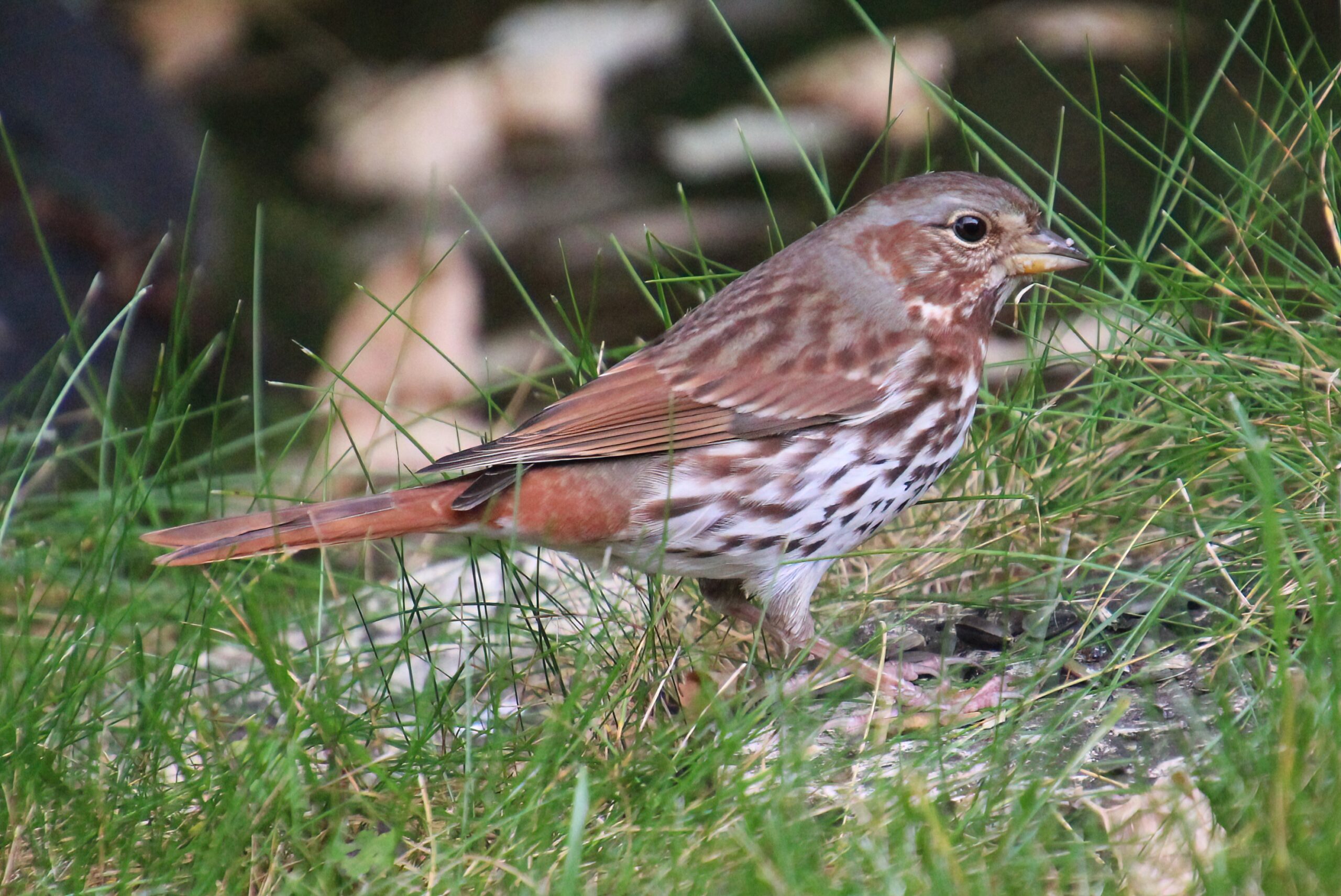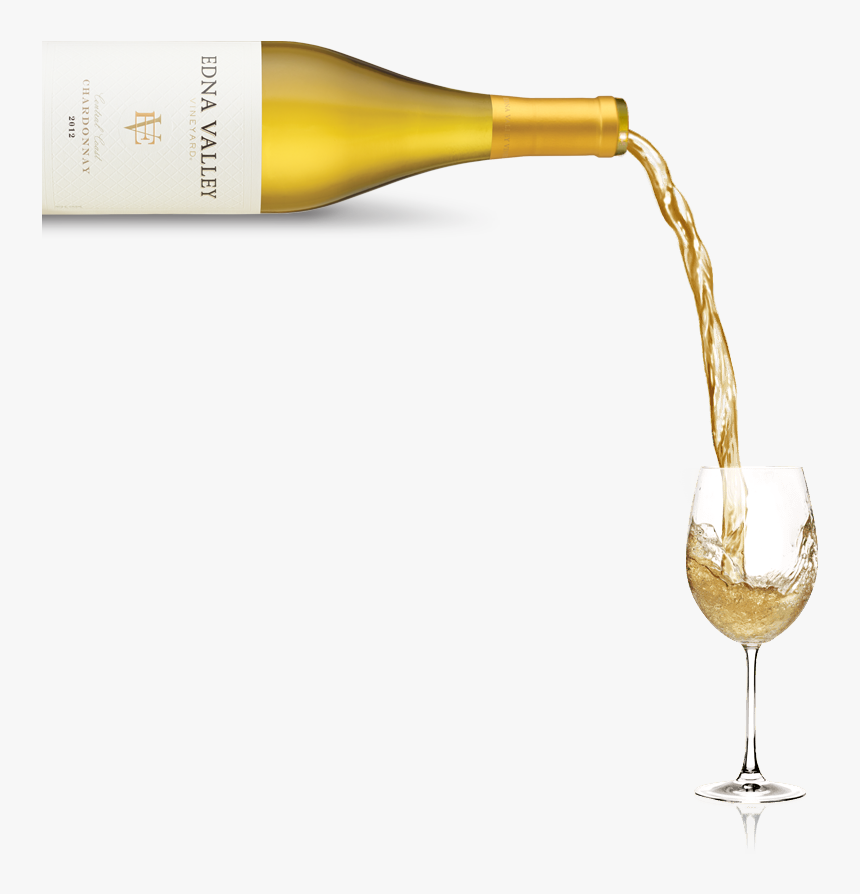I’ve never really liked geraniums. I think because my grandmother had them on her front porch which was a kind of dark and damp place where daddy-long-legged spiders liked to live. Somehow along the way I decided that I just didn’t like that kind of plant, and those creepy bugs. I didn’t know much about growing things, and frankly, I didn’t know much about a lot of plants. They just grew and that was it. Mine was a textbook case of you-don’t-know-what-you-don’t-know. I was oblivious.
One day I noticed that my grandmother was growing kiwi fruit on a vine up the trellis in her back yard. I was surprised. We bought kiwis at the grocery store, so this was fascinating to me. You could grow them in your garden? I had no idea. Bit-by-bit my grandmother showed me a new world: strawberries growing on beds of straw, rose bushes basking in the hot sun, potatoes plump underground, everywhere was a miracle of growth and life. I knew of all these fruits and flowers, I just needed her eyes to see them anew.
In 1998 the term, ‘plant-blindness’ was coined. It describes the phenomenon experienced by people who have not grown up near plants and cannot identify where fruit comes from, or how plants grow and feed us or animals. Today fewer people are involved in agriculture and cannot connect plants to our lives in the way people of the past may have. Alanna Mitchell, writing about plant-blindness, says, “the problem is that we don’t value what we don’t see.” If we do not see the plants that feed us, we will continue to misunderstand and under-appreciate a whole piece of the world that is vital to our health and wellbeing.
I wonder if there might be another kind of blindness in our communities. I might call it ‘neighbour-blindness;’ a kind of unawareness of those around us. In generations past people may have lived, perhaps out of necessity, close to their neighbours. Proximity ensured survival and community was a key to life. People knew their neighbours and saw them in special ways. Today many of us are self-sustaining, never really needing others. Goods and services are accessible without ever knowing others, and neighbours have become less important to us, so we don’t see or know how others fit into our lives. Perhaps, in the words of Mitchell, “we don’t value what we don’t see.” Neighbour-blindness may affect many of us, and without knowing our neighbours, you-don’t-know-what-you-don’t-know.
One of the ways that plant-blindness has been addressed has been to create botanical gardens. Today nearly every major city has a specialized garden, and around the world there are now some 3500 gardens created to help educate people on the rare and beautiful plants that grow around them. What if we saw our neighbourhoods in a new way, eyes-open to their existence nearby, and valuable to our wellbeing? Your neighbours are real and worth knowing, this is the gift of community waiting for each of us.






